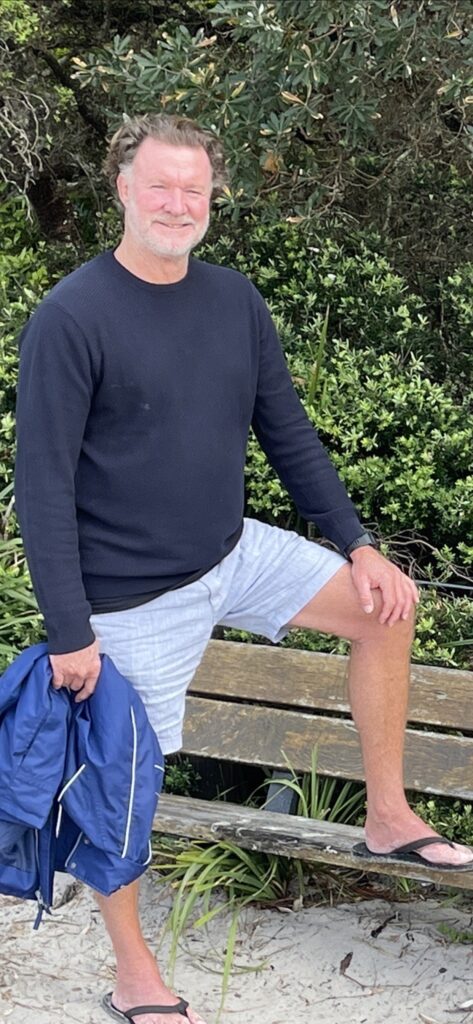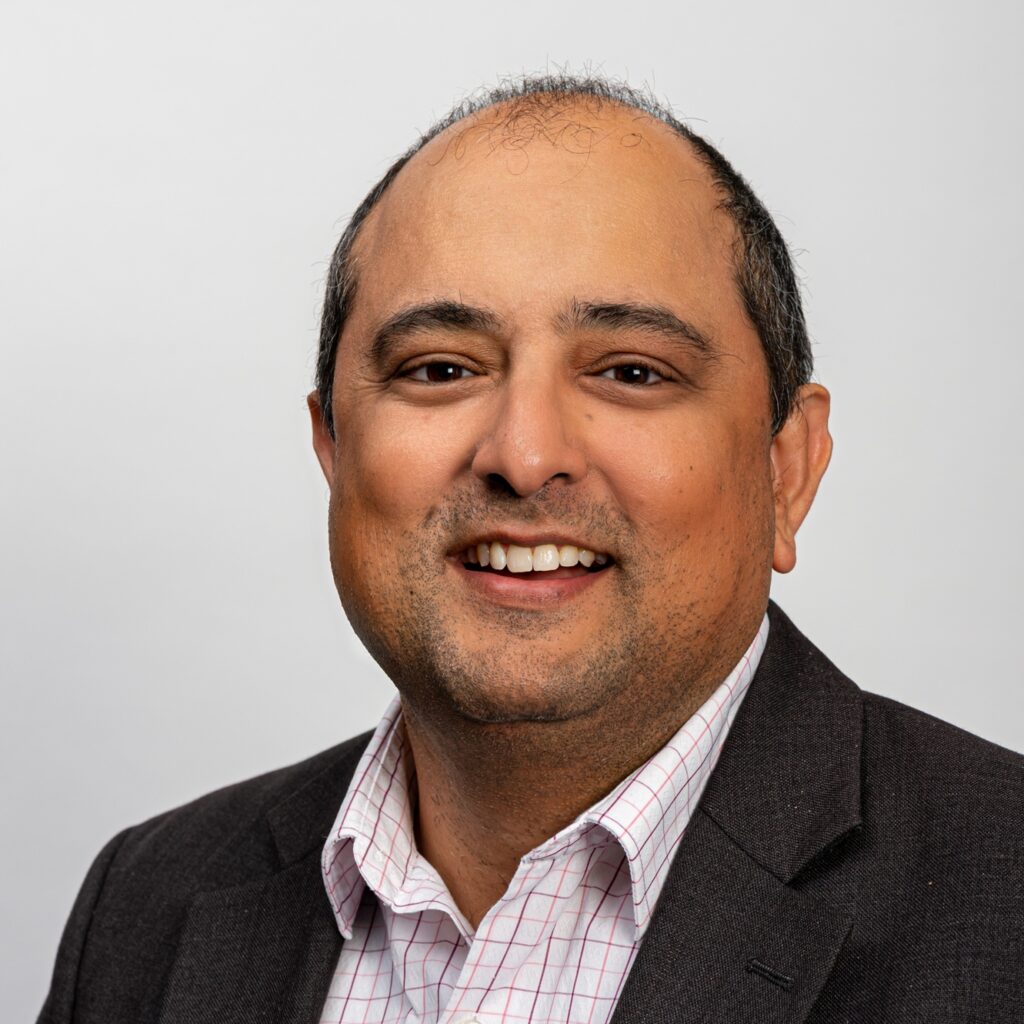With summer fast approaching, skin cancer experts and patients are joining forces this Skin Cancer Action Week (November 21-27) to urge Australians to be vigilant about sun safety, and to undergo regular skin checks.
Coined the ‘skin cancer capital of the world’, concerningly, skin cancer is Australia’s most common, most costly, and importantly, one of the most preventable cancers (between 95 to 99 per cent of skin cancer cases).
Approximately 2 in 3 Australians will be diagnosed with skin cancer before 70 years of age.
Non-melanoma skin cancer accounts for 34% of all skin cancer deaths Australia-wide. Sun exposure is responsible for approximately 99% of non-melanoma skin cancers in Australia. Moreover, the economic impact of non-melanoma skin cancer is approximately AUD 1.2 billion.
Father-to-four and equine nutritionist, Niall, 61, Pottsville, northern New South Wales, was diagnosed by his skin GP with an aggressive form of non-melanoma skin cancer earlier this year. Clinically known as ‘keratinocyte cancers’, non-melanoma skin cancers are Australia’s most common cancers. The comprise two types – basal cell carcinoma (BCC), and squamous cell carcinoma (SCC), that are commonly found on the most sun-exposed parts of the body, including the head, neck, and face

Raised in the scorching sun of Papua New Guinea and Hawaii, and having inherited his mother’s fair skin prone to skin cancer, Niall nonetheless, failed to practice sun safe measures like many from his “sunburnt generation”.
“I grew up in Papua New Guinea and then Hawaii, where sunburn was common. I never applied sunblock, and occasionally used tanning oils. I just didn’t think about it,” said Niall.
Consequently, over the past decade, Niall has both developed, and had removed, dozens of skin cancers, including a more serious melanoma in 2016, which resulted in noticeable scarring.
“I started getting little cancers on my face about 10 years ago, which I wasn’t too concerned about. Then a few years ago, I had a wake-up call when I was told by my GP that I had a melanoma on my nose,” Niall said.
Earlier this year, Niall visited his GP to obtain a professional opinion on another growth on his nose for which he was growing increasingly concerned.
He was subsequently diagnosed with an aggressive form of non-melanoma skin cancer, which was surgically removed. He was then referred to GenesisCare, Tugun, for radiation treatment.
Non-melanoma skin cancer is treated in many different ways, dependent upon the type, size, and location of the cancer, your overall health, medicines you are taking, and whether the cancer has spread to other parts of the body. Treatments include surgical removal, anti-cancer creams, photodynamic therapy, curettage, freezing (cryotherapy) and radiotherapy.
According to GenesisCare, Tugun Radiation Oncologist, Dr Sid Baxi, modern, non-invasive radiation therapy that delivers targeted radiation, and minimises damage to surrounding healthy tissue, can be used to treat small, non-melanoma skin cancer lesions in cosmetically challenging areas on the head, face and neck, and also for use in larger areas of the body with extensive skin field cancerisation, such as the arms where tissue conservation is important.

Niall placed his full trust in the hands of the professional medical team at GenesisCare, Tugun.
“I wasn’t worried about radiation treatment – I trusted the doctors and the entire GenesisCare team at Tugun helped put me at ease.
“If you’re on your own like I am, support is very important. When you walk out of hospital you can feel very low, but the GenesisCare staff were amazing. I gave them all huge boxes of Haigh’s Chocolates as a thank you for looking after me so well,” Niall said.
“I felt grateful to receive equal access to quality cancer care so close to home, without having to go into a major city.”
Today Niall has resettled back into his daily routine, including work, interstate travel and water-skiing. He is much more vigilant about sun protection, and has chosen to share his personal story this Skin Cancer Action Week (November 21-27) to encourage other Australians to follow suit.
“I’m getting on with my life, going to work, and doing the things I love. I still go out for a paddle, I just wear a hat now.
“My message to other Australians is to do the same – wear a hat and sunblock as soon as you go in the sun,” said Niall.
Talk to your GP about your personal risk of developing skin cancer, and undergoing regular skin checks.
Should you notice any suspicious skin lesions, visit your doctor without delay.
About GenesisCare
GenesisCare is the world’s largest provider of integrated cancer care. The multi-disciplinary cancer patient care provider is striving to ‘change the face of skin cancer treatment’ by delivering ‘a personalised care experience close to home’. GenesisCare has 40 oncology centres in both metropolitan and regional centres throughout Queensland, New South Wales, Victoria, South Australia and Western Australia, respectively, and treats skin cancer using non-invasive, modern radiation therapy techniques.
The Gold Coast has two GenesisCare centres, located at the John Flynn Private Hospital, Tugun and at Premion Place, Southport.
To learn more about GenesisCare, head to www.genesiscare.com. For more on their skin program, visit https://newface.genesiscare.com or call 1800 314 430.
